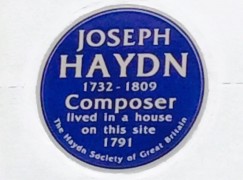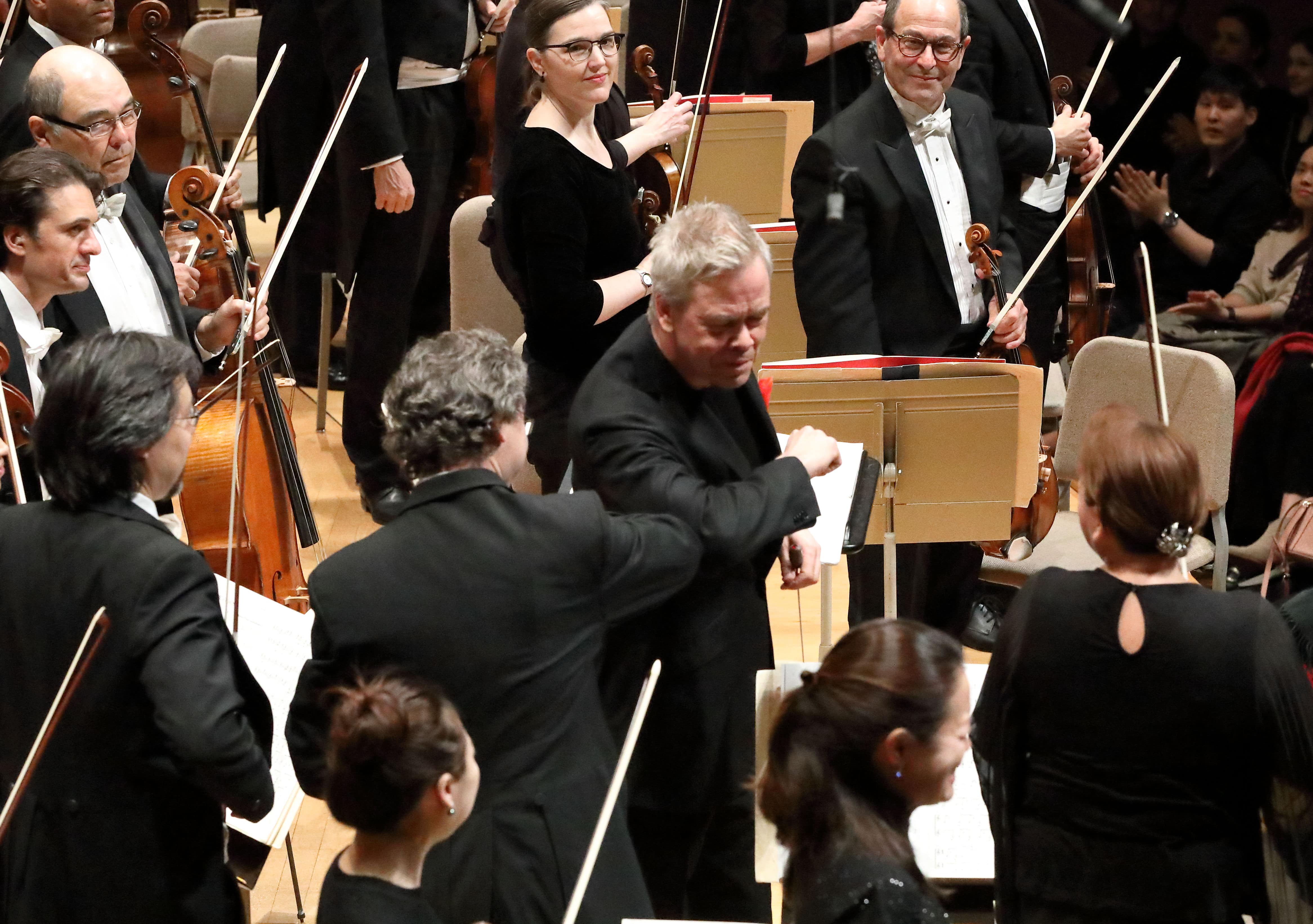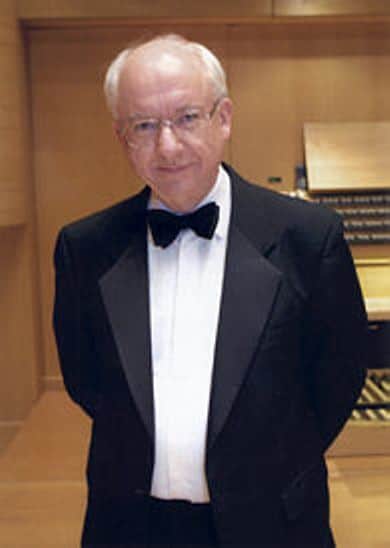How London remade Haydn
Album Of The WeekFrom the Lebrecht Album of the Week:
The 12 symphonies that Haydn composed on visits to London in 1791-92 and 1794-95 belong to a world that was already gone. Mozart, who died soon after Haydn left Vienna for the first time, led his symphonies into darker, dangerous tonal territory. Beethoven, whom Haydn taught on his return, was ready to leapfrog into a new century of revolutionary ferment. The Haydn London symphonies belong mostly to a decadent age of domestic amusements on noble country estates.
In some ways, though, Haydn was transformed by London…
Read on here.
And here.
En francais ici.






Comments